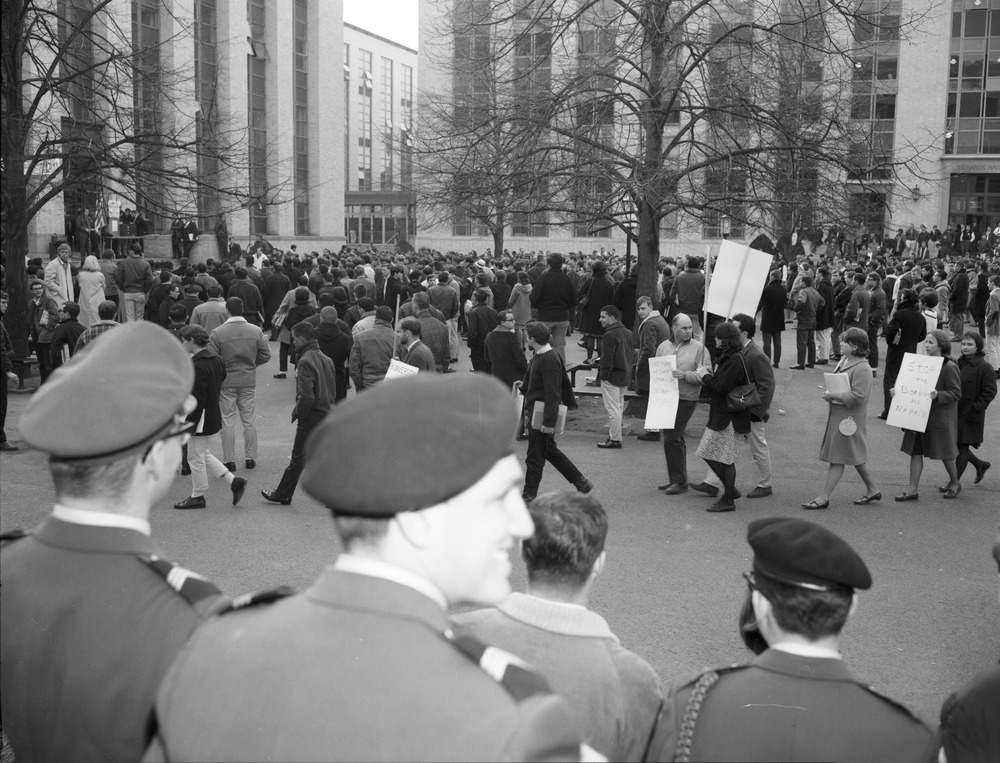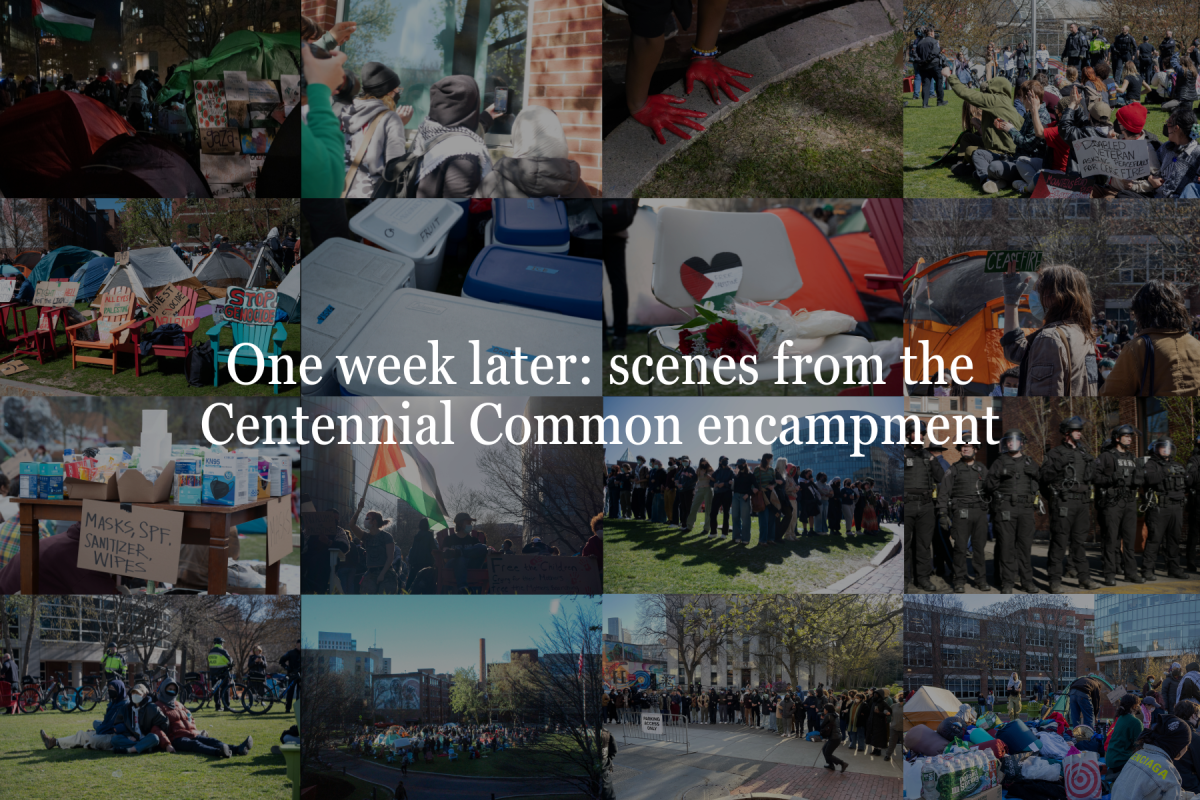With every aspect of the university changing and evolving with semester conversion, questions began to evolve over time. Faculty and administrators began to ask one another what implications will face the conversion, how are students are responding.
A survey will be released later this week in which these implications are explored, and it turns out that overall, students believe the conversion will benefit the university.
The survey, conducted by NUPulse, NU’s student opinion research service, questioned a random sample of 760 undergraduate students from every college about their opinions on various aspects of semester conversion.
Overall, the most important aspects of the survey pertain to advising; academic, financial aid and co-op. Beyond those points, those who created the survey had to rack their brains to determine what students’ opinions were on various issues. Those who compiled the survey needed to determine “where the students fall in the flow of information, and what are their attitudes and their opinions at this point, given what they know about moving to semester conversion,” said Director of University Planning and Research Mark Putnam.
“In a sense, it was a quick snapshot that lets us see how far students have moved through this process as the university as a whole has gone through it,” Putnam added.
Putnam said that as the survey began to emerge and the idea gained momentum, NUPulse was the obvious choice as a vehicle of conducting a study. From that point on, the set of interests to be addressed broadened.
“I think the things that I drew from this, looking at the results, that this is in a way a very good picture of organizational change … What is interesting to see is the differences from the upperclass and the freshman, in particular,” Putnam said. “The responses consistently come in that freshman view [semester conversion] in the most favorable light. And upperclasses, less, which makes sense to me, because the upperclasses have been invested more in the quarter system. And so any transition will be more difficult for people who have the greatest investment over a period of time.”
As far as academic advising, the numbers were high and the majority of students – over fifty percent, expect for the sophomore class at 43 percent and the freshman class, which was 30 percent – had met with an academic advisor.
“We are in progress in advising. Obviously the advising has been oriented more to the upperclasses, less so for the younger classes,” Putnam said.
Marjorie Wiseman, the director of Institutional Research and number cruncher for the survey, said that she was not surprised by any particular aspect of the result, which she added is not her job. She did say that a few major concerns from students stood out, once the results were tallied; will I graduate on time and will all of my credits transfer over from quarters to semesters?
Wiseman added that the university is still in the early stages, but yet it is not early, “Semesters are moving like a train down the track.” She added that the students will need help along the way. For some of the students, information about the summer semesters was presented to them for the first time when they were surveyed.
As for meeting with a co-op or financial advisor, the numbers diminished significantly.
“The great advantage of this survey is to gauge where we are in the advising process for co-op and financial aid. We have made very strong headway with respects to the upperclasses, there is a substantial road ahead in terms of financial aid,” he said.
Putnam said that through conversations with Dean of Student Financial Services Seamus Harries, the information obtained from the survey will be used as a means to examine if the department is adequately prepared for the conversion.
“What you see in these results, first of all, is a reasonably balanced response across the classes, and generally speaking across the colleges,” Putnam said. “I was surprised as to how uniform the response was. It was a very consistent pattern with the upperclasses less enthused. Which made sense to me.”












